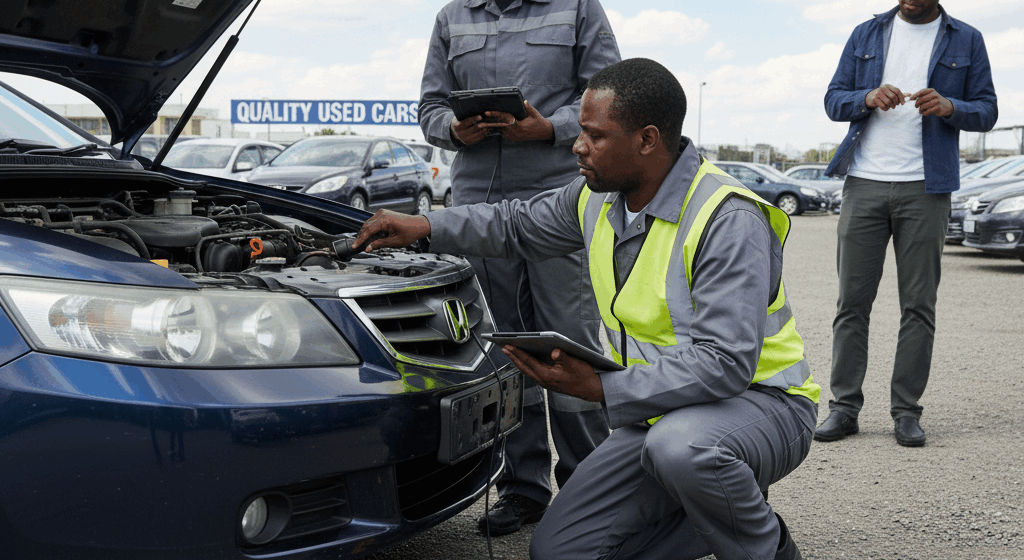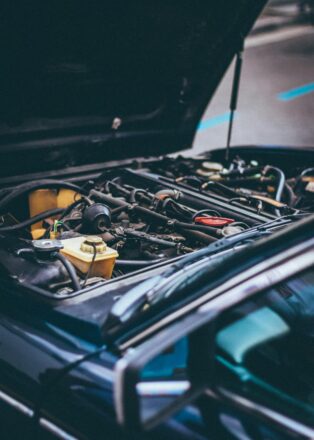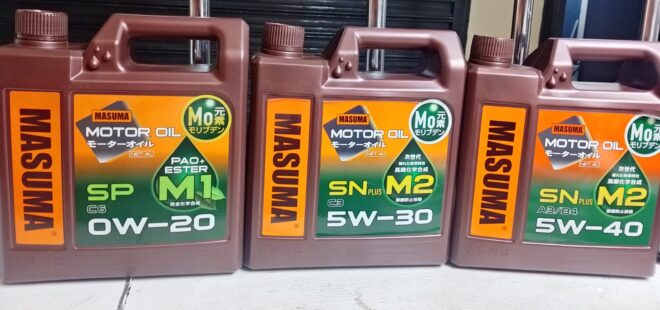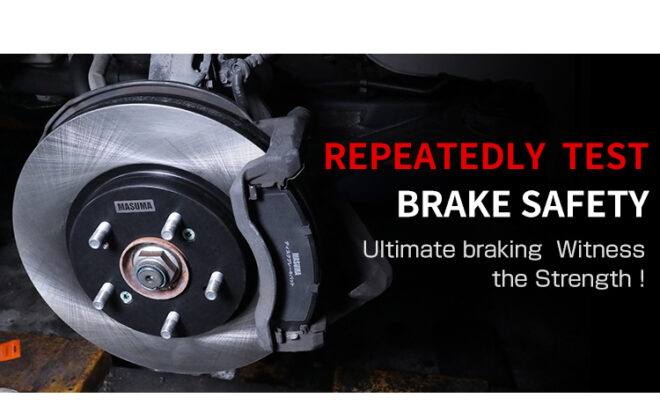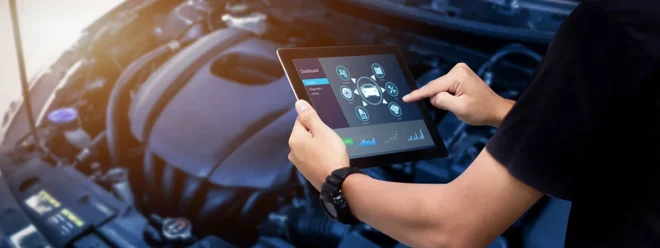1. Understanding Pre-Purchase Inspections
A pre-purchase inspection (PPI) is a detailed technical and structural evaluation carried out before buying a vehicle especially used or imported ones. It helps verify a car’s true condition and authenticity, revealing hidden issues that could cost thousands after purchase.
In Kenya, where the market is dominated by used and imported vehicles, PPIs have become increasingly vital. They assess everything from the engine and transmission to suspension, electronics, bodywork, and even the accuracy of ownership and import documentation.
2. Why the Buzz in Kenya
The conversation around inspections has gained momentum because of real and growing risks in the local market:
-
Imported vehicles may have been previously damaged, salvaged, or clocked (odometer rollback).
-
Some cars reappear on the market after being written off, repaired superficially, and resold without attention to their structural integrity.
-
The region continues to struggle with vehicle theft and chassis/VIN tampering, where stolen vehicles are dismantled, reassembled, or fitted with different engine numbers to mask their origin.
This mixture of poor-quality repairs, counterfeit parts, and documentation manipulation means unsuspecting buyers can easily end up with unsafe or illegally modified vehicles.
A thorough pre-purchase inspection can help identify such issues early verifying chassis alignment, VIN/engine number consistency, and whether the vehicle has ever been in a severe collision. For a motorist who may not know much about car structure or mechanical health, this is the most practical safeguard.
3. Road Safety Starts With Vehicle Integrity
Kenya’s alarming accident rate is often attributed to driver error, speeding, and poor discipline. But there’s a less-discussed factor the condition of the vehicles themselves.
Across the country, we see cars that should be off the road still being used daily. Written-off vehicles are welded, repainted, and sold without proper alignment checks. Rusted suspension mounts, cracked chassis frames, and malfunctioning airbags often go unnoticed. The result is a car that might look fine but is structurally unsafe.
When such a car is involved in a collision, even a minor one, the consequences are catastrophic.
This is why vehicle roadworthiness is as crucial as driver competence. Inspections not only protect individual buyers but also contribute to public safety by reducing the number of compromised vehicles circulating on Kenyan roads.
4. What a Proper Inspection Should Cover
A reliable inspection typically includes:
| Component | Key Checks | Purpose |
|---|---|---|
| Body & Chassis | Accident damage, welds, rust, misaligned panels | Identifies past collisions or structural weaknesses |
| Engine & Transmission | Oil leaks, smoke, power delivery, ECU scan | Prevents unexpected mechanical failure |
| Suspension & Brakes | Worn bushings, shocks, brake balance | Ensures stability and braking safety |
| Electricals & Diagnostics | Battery, sensors, airbag system | Confirms reliability and safety systems |
| VIN/Chassis Verification | Match with logbook and engine | Detects theft, cloning, or illegal modifications |
| Documentation | Import certificate, auction sheet, service records | Confirms authenticity and mileage history |
5. Beyond Bias: Objectivity in Automotive Care
Garages and inspection experts exist to keep motorists on the road safely not to perpetuate bias toward or against certain car brands.
In Kenya, online discussions sometimes turn into brand wars: “Subarus overheat,” “German cars are too complex,” or “Japanese cars are the only reliable ones.” While these generalizations make headlines, they miss the essence of professional service.
Every vehicle brand has its maintenance philosophy:
-
Subaru vehicles thrive when serviced with quality gaskets and proper coolant management.
-
Volkswagen and Audi cars reward precision servicing with reliability.
-
Toyota and Nissan models, though known for simplicity, also fail prematurely when poor-quality parts are used.
True automotive professionals don’t condemn — they educate.
Instead of saying “this car is troublesome,” they should say:
“This model’s transmission fluid needs more frequent changes under Kenyan driving conditions.”
That’s how a professional ecosystem is built — through education, objectivity, and fairness.
6. Benefits of a Pre-Purchase Inspection
-
Protects Buyers: Prevents purchase of stolen, rebuilt, or accident-damaged cars.
-
Saves Money: Early detection of mechanical issues avoids huge repair bills.
-
Supports Safety: Keeps structurally compromised vehicles off the road.
-
Promotes Transparency: Builds trust between sellers, buyers, and the service industry.
-
Empowers Motorists: Helps non-technical buyers make informed decisions.
Globally, organizations like AAA (U.S.) and RAC (U.K.) emphasize the same values — empowering car owners through objective, data-based vehicle assessments. Kenya’s motor industry can follow that path, ensuring that both used and imported cars meet acceptable safety and performance standards.
7. A Safer, Smarter Future for Motorists
Kenya’s vehicle culture is evolving. Motorists are becoming more informed, and the value of professional inspection and transparent maintenance is becoming clear. The conversation must now shift from blame to shared responsibility — among drivers, inspectors, mechanics, importers, and regulators.
When every stakeholder upholds integrity — from verifying VIN numbers to rejecting unsafe rebuilds — the roads become safer, and the car market more trustworthy.
Informed motorists don’t just buy cars; they buy peace of mind. And that begins with a thorough pre-purchase inspection.
